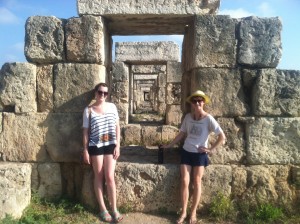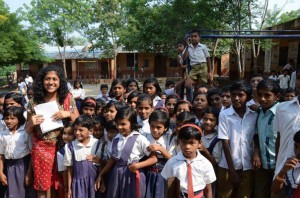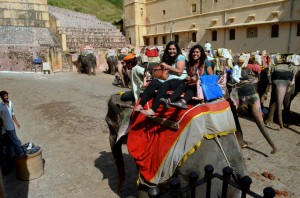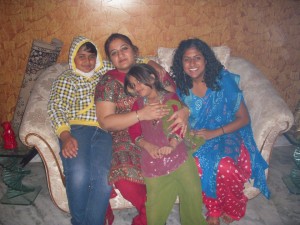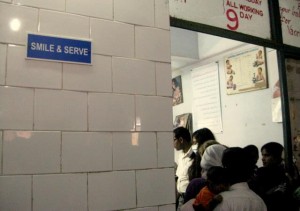Happy October, everyone! I’m so glad to share that I have officially submitted my study abroad application (the real one, not just the petition) and am now in a sort-of-resting phase while I wait to hear back from the folks at Boston University. Many thanks to two lovely career consultants at CP&R, Laurie and Janine, for their constructive feedback. For those of you who aren’t familiar with the process of applying to study abroad, the application usually involves some sort of written statement.
The Boston University London Internship Program’s prompt was this:
“In a clear, thoughtful, and carefully prepared one-page essay (1 page, double or 1.5 spacing), describe your academic, career, and personal goals, and how your participation in this program will help you achieve those goals. Explain how you plan to take advantage of the cultural and educational resources available through this program. Describe the kind of internship assignment you would like, emphasizing the type of work rather than a specific organization.”
I’ll be honest, reading the prompt was a little like applying to college all over again. I felt torn between being interesting and unique, but naturally so; writing with my voice, but not like I’d talk to my friends; giving the reader a sense of who I am, but the best possible version of me, etc.
If you’re having trouble starting your application:
- Open a Word document.
- Name it.
- Paste the prompt at the top.
- Let the icon sit on your desktop (not buried at the end of some convoluted file path) while you marinate ideas. For me, having this receptacle easily accessible instead of trying to work within some online portal was essential. It meant that I wouldn’t open Firefox with the intention of accessing the BU application portal, decide to check my Facebook news feed, and end up Googling pictures of Clint Eastwood’s son, Scott. #sorrynotsorry
- Ask your friends, “If you could go anywhere/do anything and have time and money not be an issue, what would you do? Why?” Some of the responses you get will be silly, but others might make you reconsider what you find fulfilling.
- Talk out your ideas with a professor. Professors are an excellent sounding board, because they’ve all had experience writing recommendation letters. They know what previous students have done and what project ideas will be compelling to a reviewer.
And when you’re cleaning up your first round of drafts, here’s the advice that ultimately got me through the worst of it:
- Make sure you’re answering the question. When Janine helped edit my statement, she marked “academic”, “career”, “personal”, “cultural”, and “work” in the margins to show me where she thought my most effective sentences were. I ended up with orange highlighter (the good parts) only at the end of each paragraph, so I did my best to cut the unnecessary areas.
- Cutting unnecessary parts is difficult; find a fresh pair of eyes in a friend, in CP&R, or at the Writing Center, whichever suits your needs.
- Try and make each sentence something only you could have written. (Laurie says she got this gem from Professor Simeroth, who will be leading a writing workshop during Life After Scripps on Friday—see the online schedule for details)
- Be efficient in what you’re trying to communicate. Don’t make the reader work.

